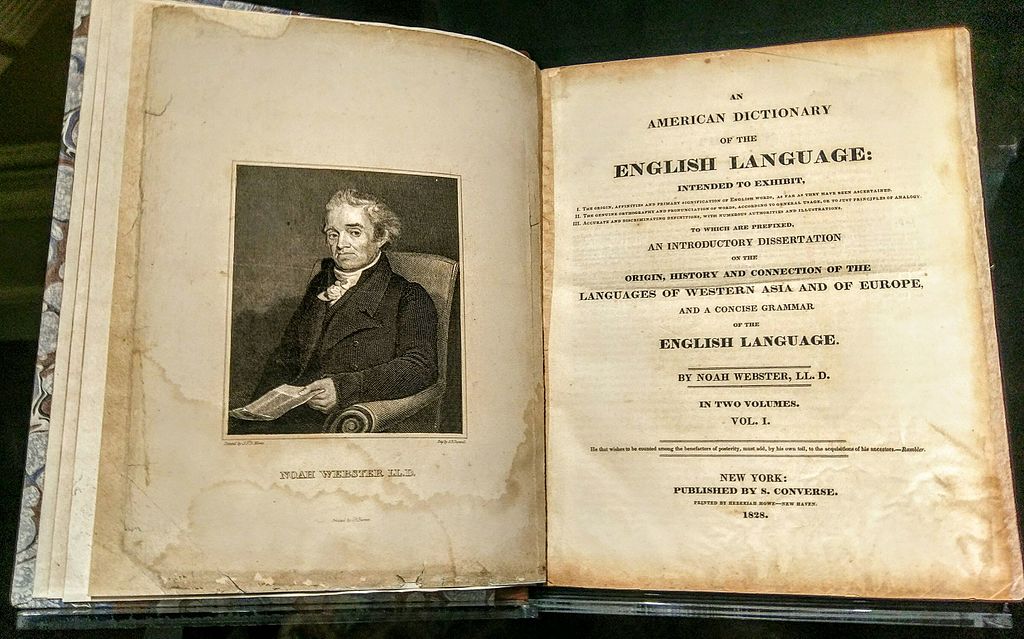As intricate as the English language is, there was a time when it was even more perplexing. Before the advent of the dictionary, people from diverse backgrounds struggled to find common ground on simple matters like pronunciation and spelling. Then, on this significant day in 1828, Noah Webster’s An American Dictionary of the English Language was unveiled. More than just a compendium of words, it was a seminal work that distinguished American English from its British counterpart and left an indelible mark on American culture. Webster’s tireless efforts continue to influence how Americans spell, pronounce, and comprehend words to this day.
On this day in 1828, Noah Webster forever altered the linguistic landscape of America. His An American Dictionary of the English Language, the first of its kind to be penned on American soil, was officially released. The book, a treasure trove of around 70,000 words, many of which were previously unrecorded, was a testament to Webster’s dedication to the American language. He meticulously gathered definitions and tailored spelling, pronunciation, and grammar to reflect the distinct American identity.
Unlike the British dictionaries of the time, Webster’s work was not just about words; it was about promoting a unique American culture. His intentional spelling changes, such as favoring ‘color’ over ‘colour’ and ‘theater’ over ‘theatre,’ were more than just stylistic. They were a bold statement of independence from British influence. Webster firmly believed that language could be a unifying force for the young nation.
Webster had been working toward this goal for over two decades. He started with spelling books, grammars, and readers, which became staples in early American classrooms. When the dictionary finally arrived, it was considered scholarly and patriotic. Though the first edition didn’t sell as well as he had hoped, later versions became widely accepted, and the dictionary’s influence grew. Today, Webster’s legacy lives on in the well-known Merriam-Webster Dictionary.
Fun Facts:
- It took Webster nearly 27 years to complete the dictionary.
- Noah Webster was a Connecticut House of Representatives member from 1802 to 1807.
- He learned 26 languages to understand word origins better.
- Webster included uniquely American words, like “skunk” and “squash.”
- Modern American English spelling still follows many of his recommendations.

